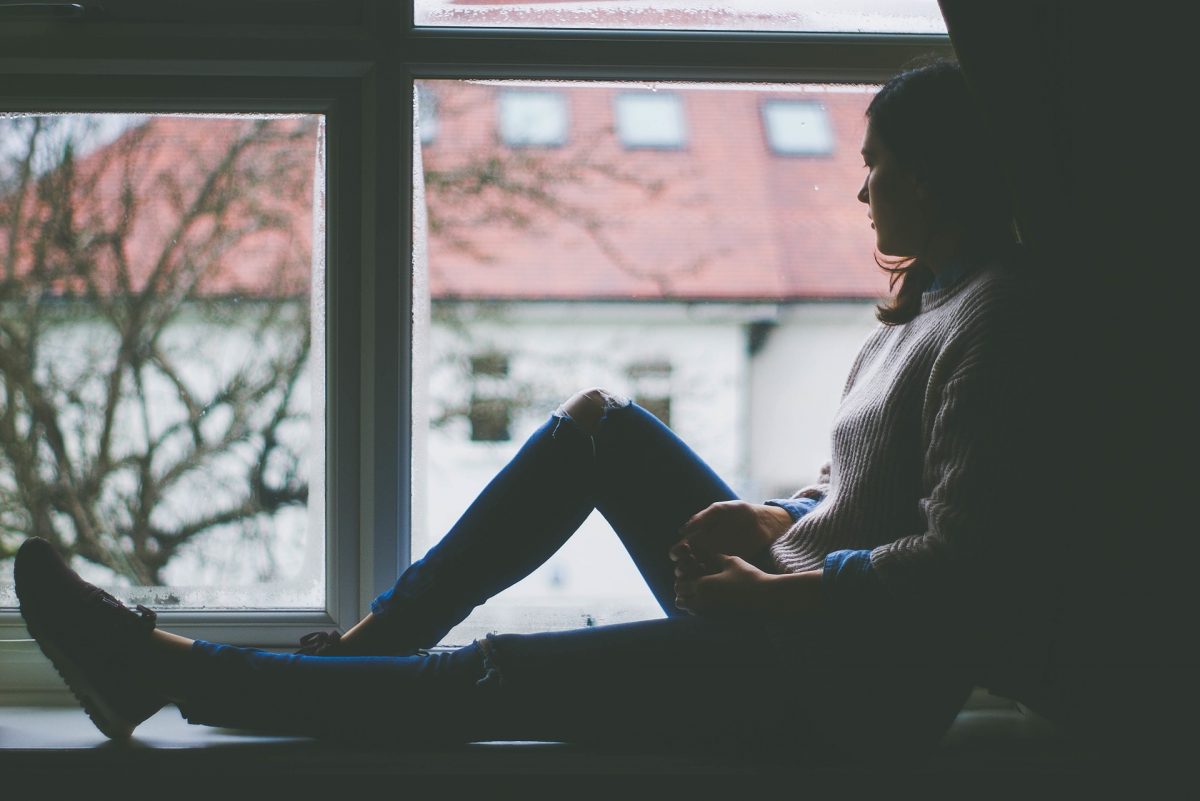
Helping students coping with mental illness
In an editorial in the Winnipeg Free Press, Kyle Hiebert (BA/11), the strategy and research adviser for the University of Manitoba Students’ Union (UMSU), says that the COVID-19 pandemic has taken a great toll on students’ mental health.
Hiebert says that increased financial pressure, a rapidly changing world and an uncertain future for jobs or careers has made students emotionally distressed.
He notes: “Given this noxious mix of financial distress, delayed adulthood and looming climate dystopia, it’s no wonder the mental health of students was already fraying well before the coronavirus threw their individual and collective futures into flux. But their success in navigating a hasty shift to online learning — which is, very likely, here to stay — amid a multiple wave pandemic should matter to us all.”
Hiebert says that programs should be in place to provide help for students struggling with the reality of COVID-a9 and what post-COVID-19 will look like.
“Helping students acquire coping strategies now to deal with mental-health issues down the line will reduce preventable strain on our health-care system in the future, and lessen the $50 billion in productivity losses Canada suffers every year due to anxiety and depression alone.”
He points out that there is some good news on this front: “Peer counselling programs are cost-effective ways to enlist student volunteers to support other students after first receiving training from professional counsellors. Updating counselling intake procedures can also improve access to treatment. By doing so, both the University of Saskatchewan and University of Manitoba were able to increase their number of intake appointments by more than 60 per cent.”






